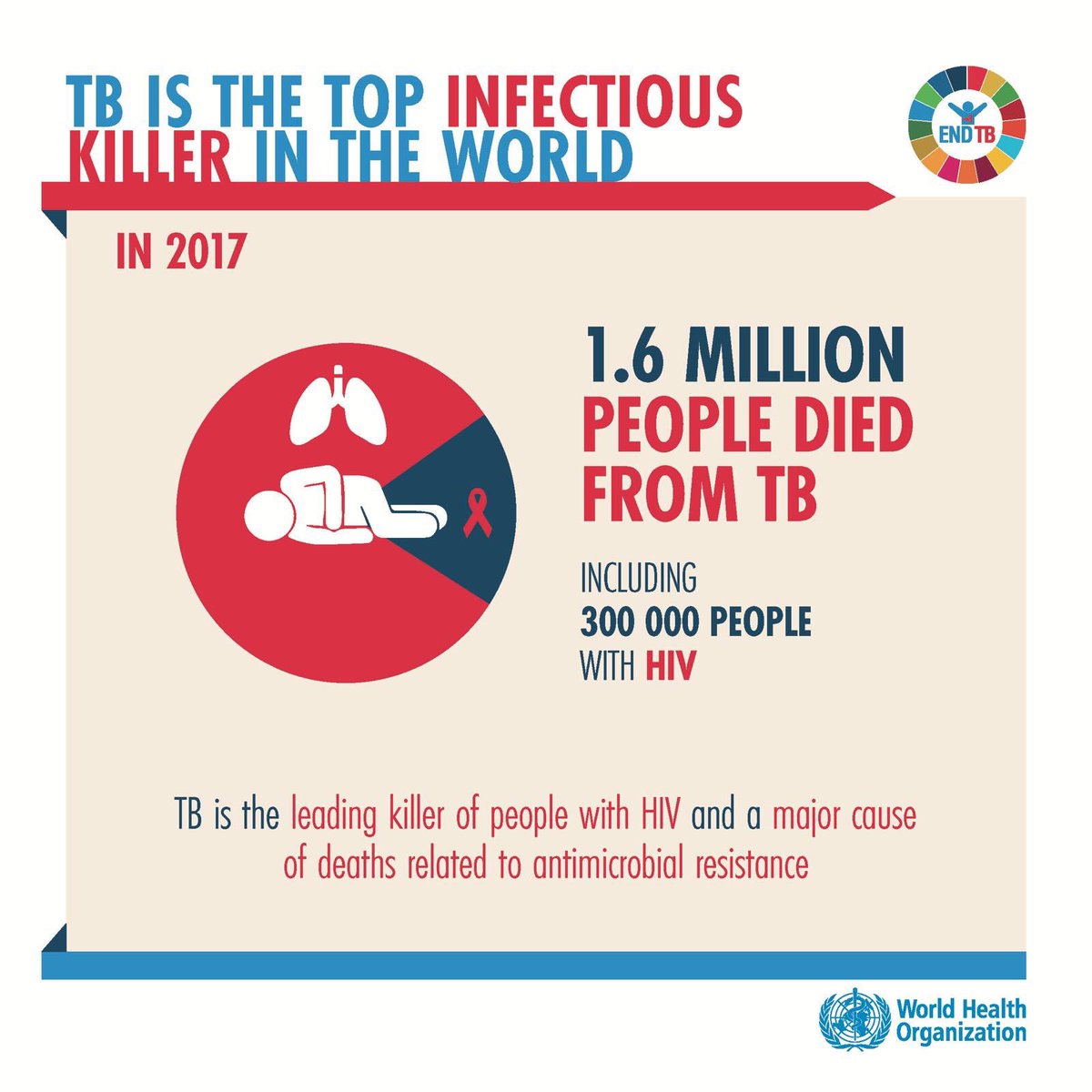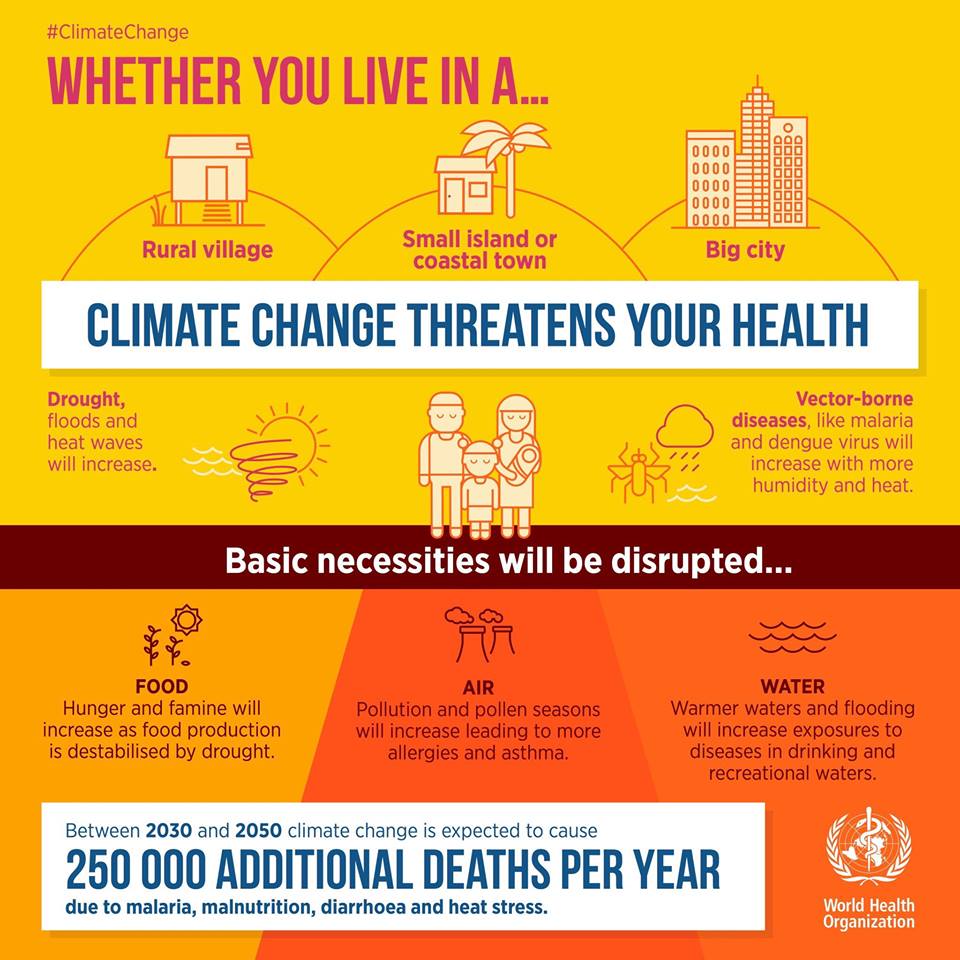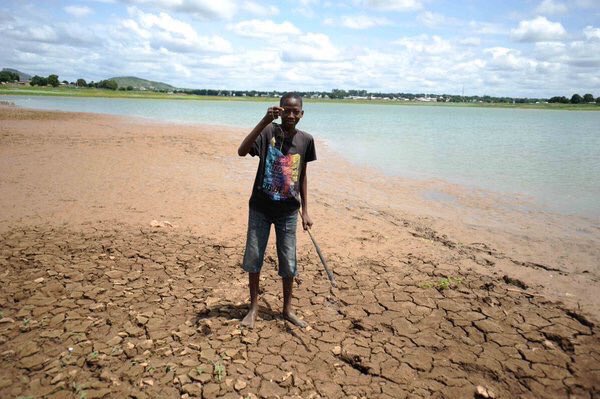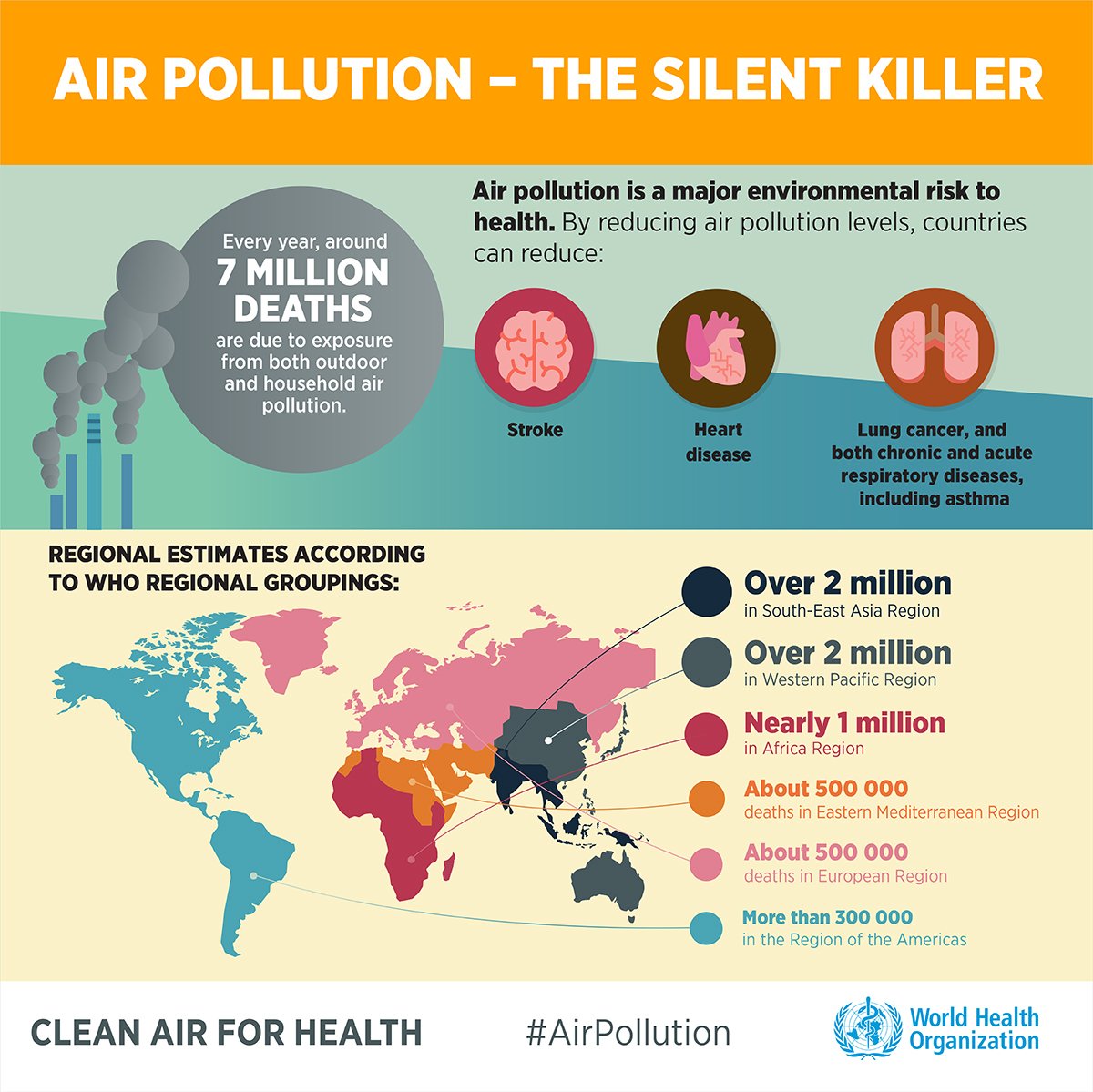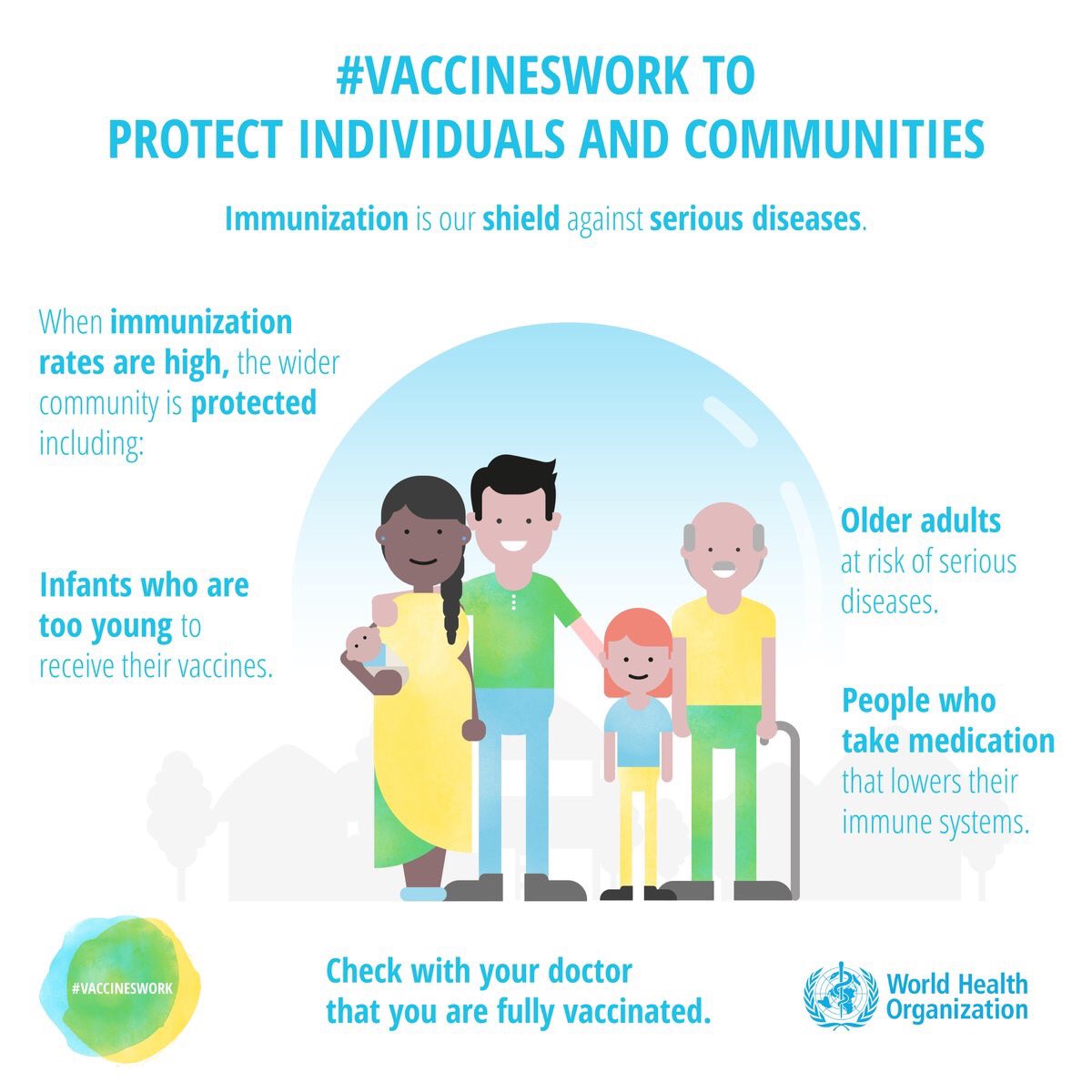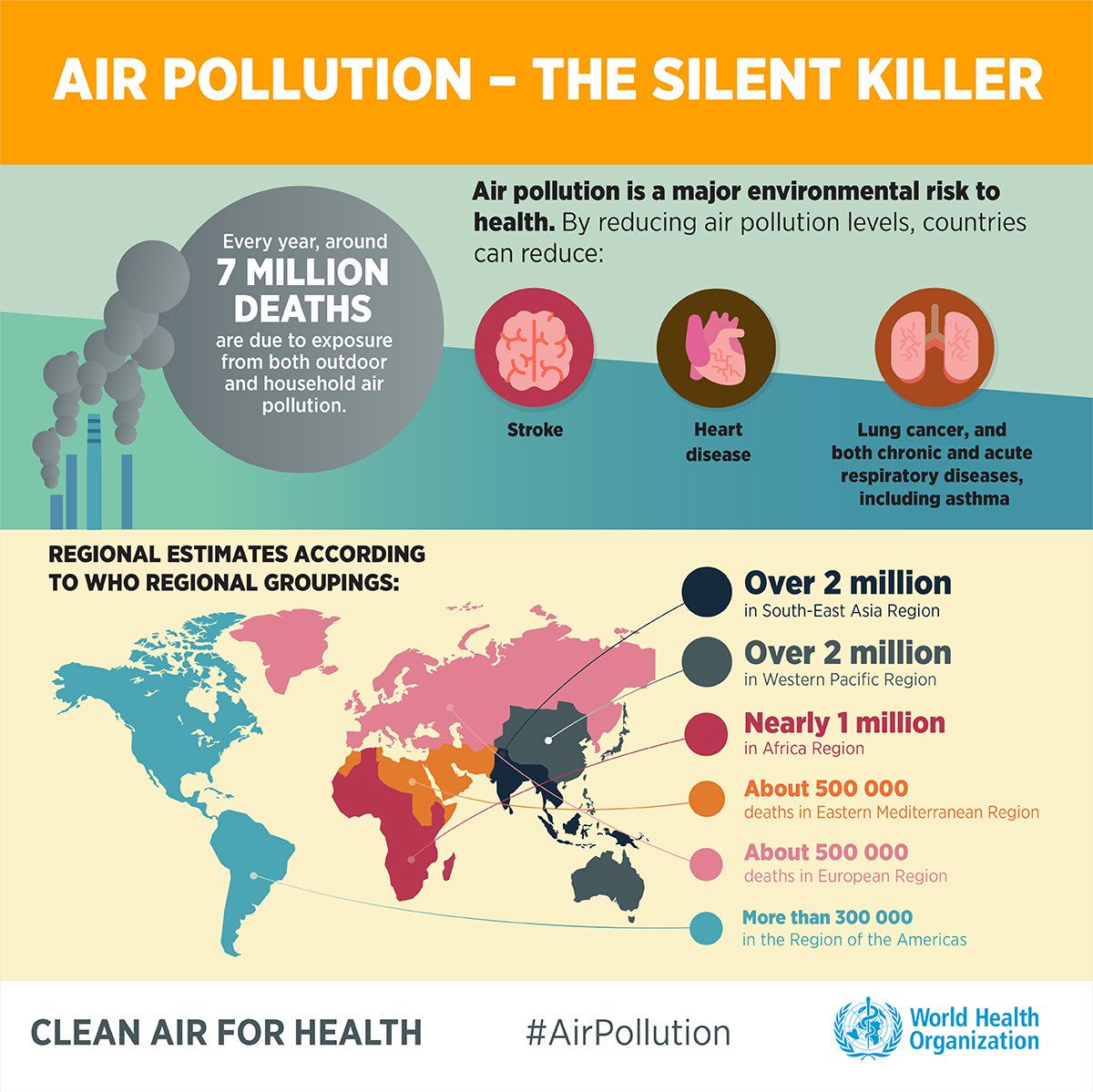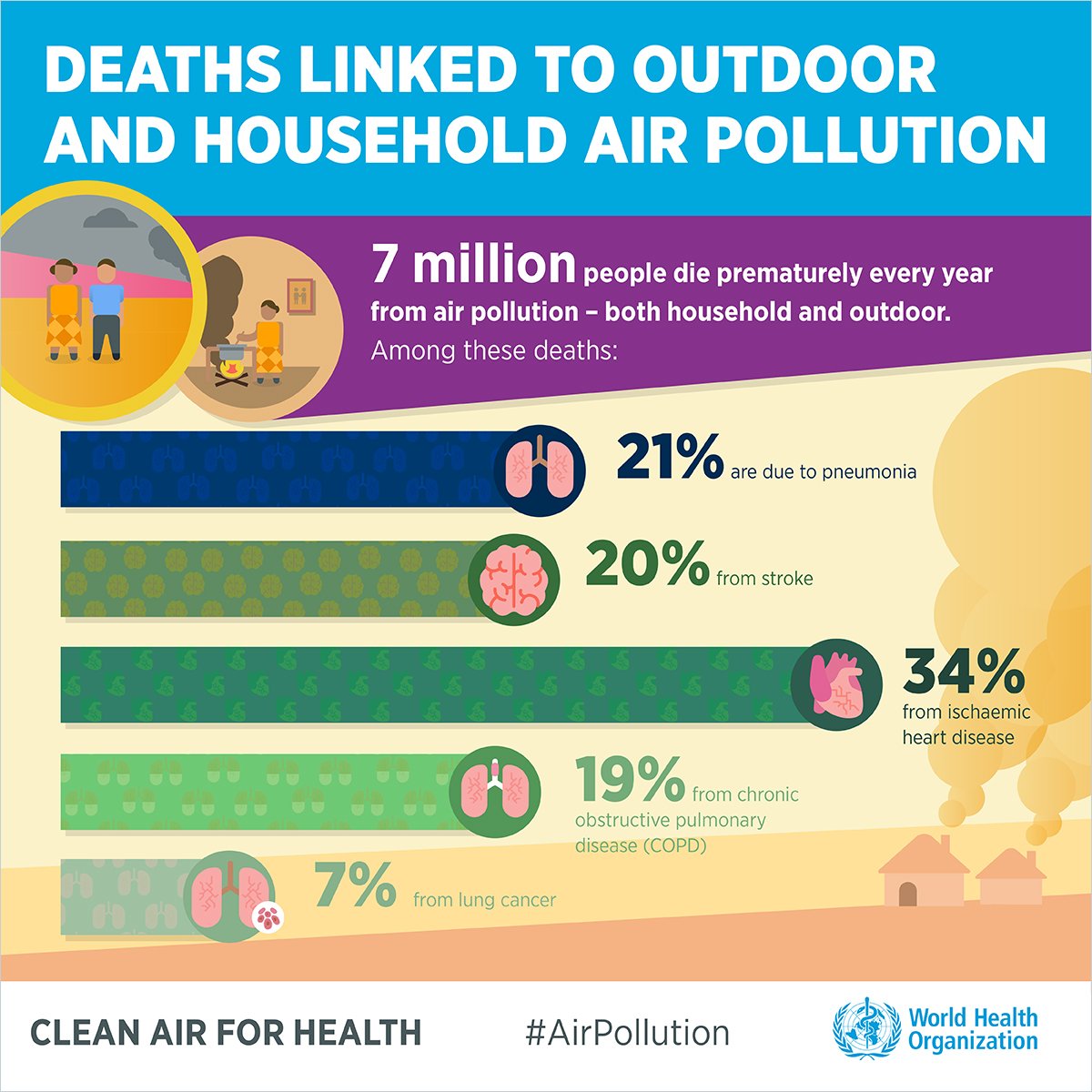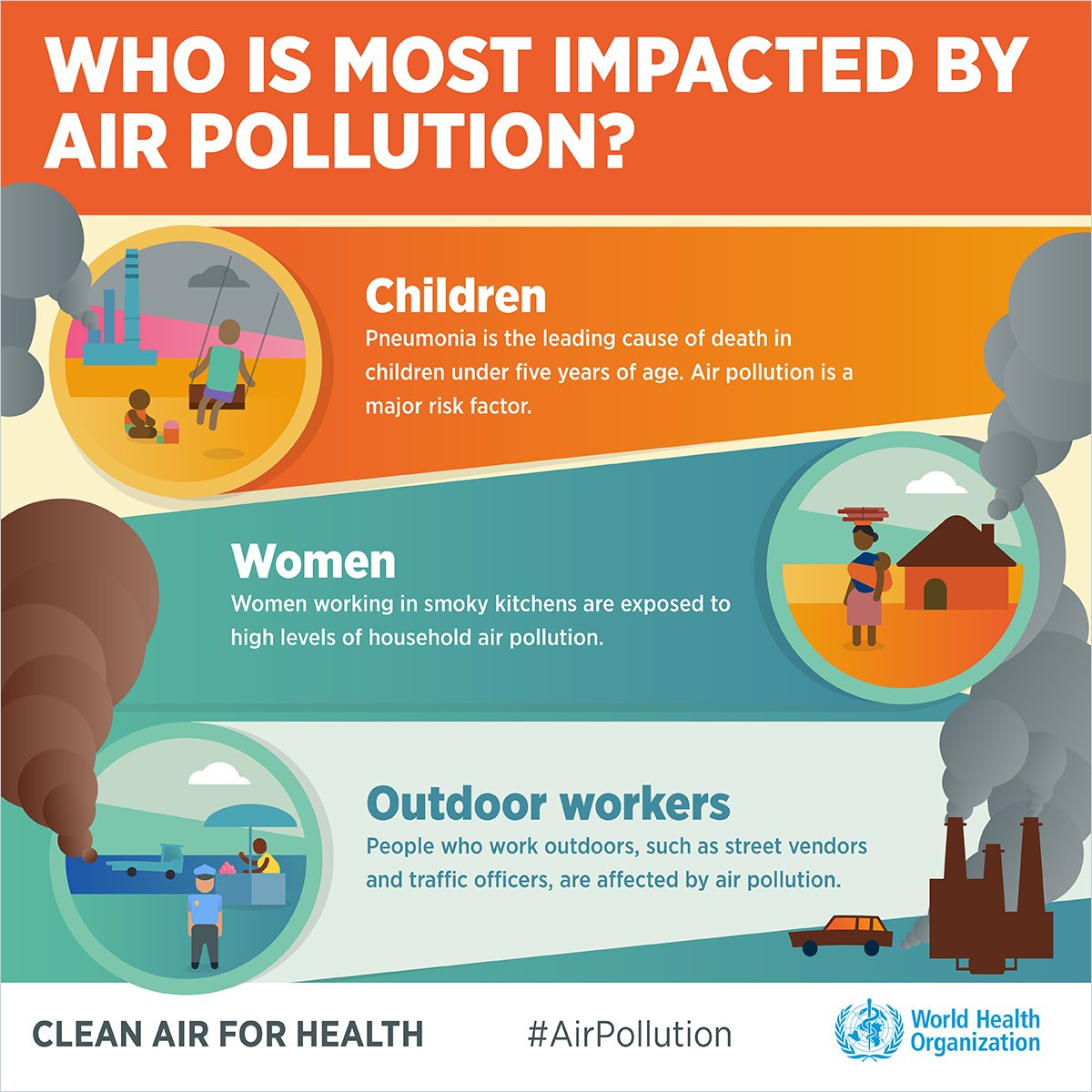Globally, over 1.4 billion adults are at risk of disease from not doing enough physical activity.
Regular physical activity 🤼♀️🧘♂️🚵♀️🏌️♀️🤸♀️🏊♂️⛹️♂️🏋️♀️🤽♂️💃 has significant benefits for health.
Let`s #BeActive!
bit.ly/2Q3wust
Regular physical activity 🤼♀️🧘♂️🚵♀️🏌️♀️🤸♀️🏊♂️⛹️♂️🏋️♀️🤽♂️💃 has significant benefits for health.
Let`s #BeActive!
bit.ly/2Q3wust
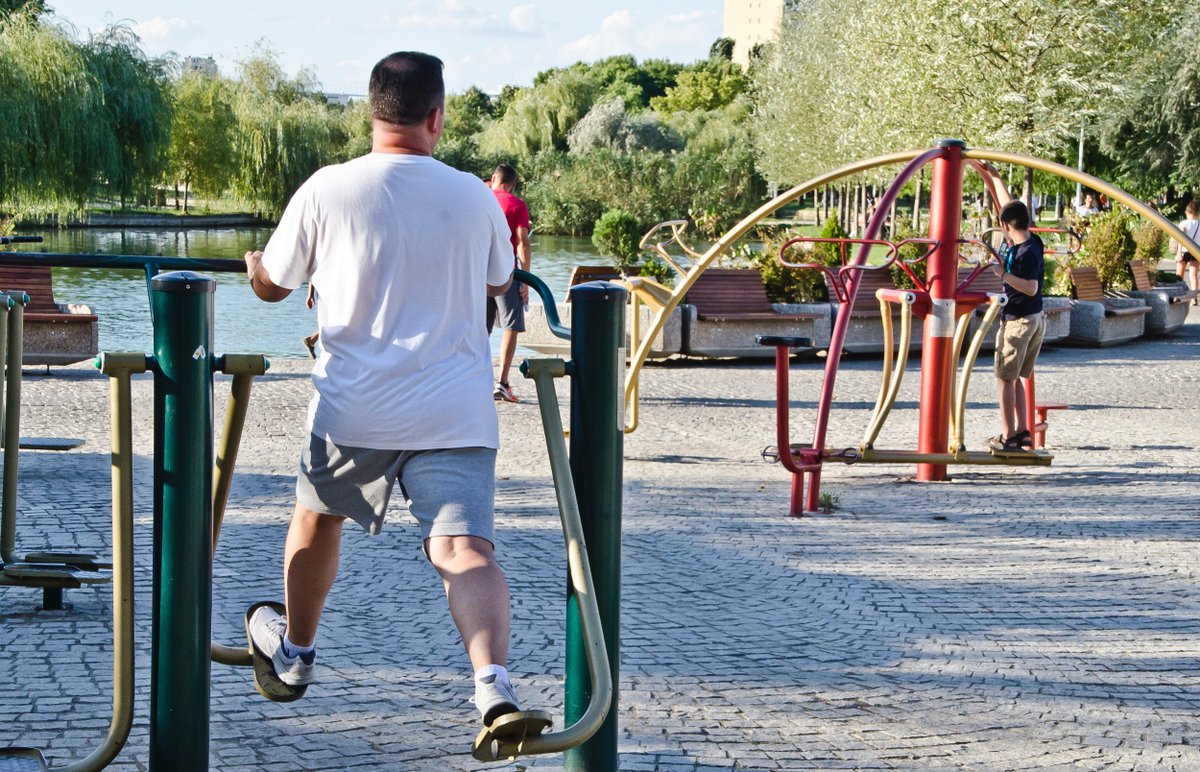
Physical inactivity increases people`s risk of:
-Cardiovascular diseases
-Cancers
-Diabetes 2
-Dementia
Let`s #BeActive! bit.ly/2Q3wust
-Cardiovascular diseases
-Cancers
-Diabetes 2
-Dementia
Let`s #BeActive! bit.ly/2Q3wust
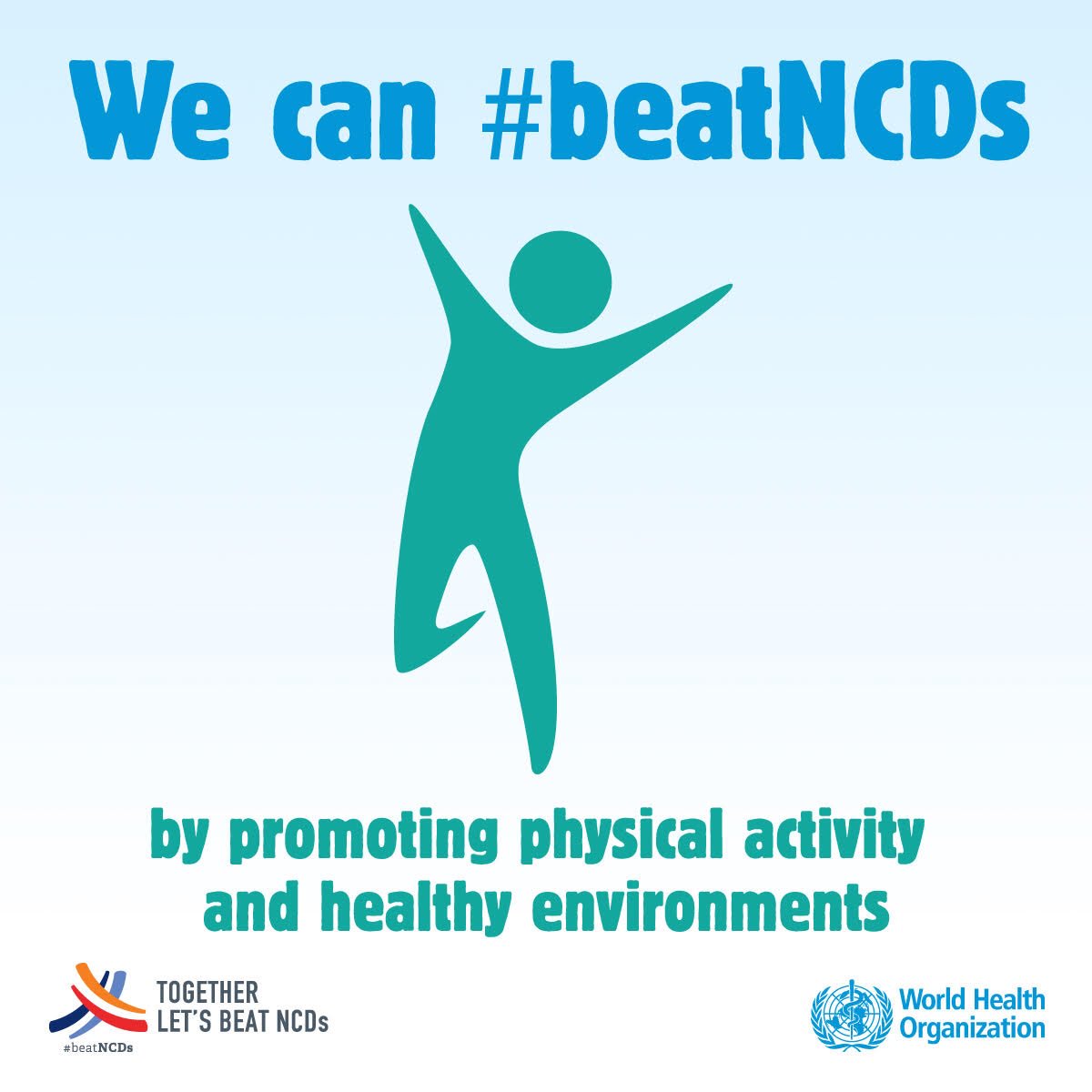
Women are less physically active than men in most parts of the world.
800 million women are missing out on the positive impacts physical activity provides in preventing noncommunicable diseases. bit.ly/2Q3wust
800 million women are missing out on the positive impacts physical activity provides in preventing noncommunicable diseases. bit.ly/2Q3wust
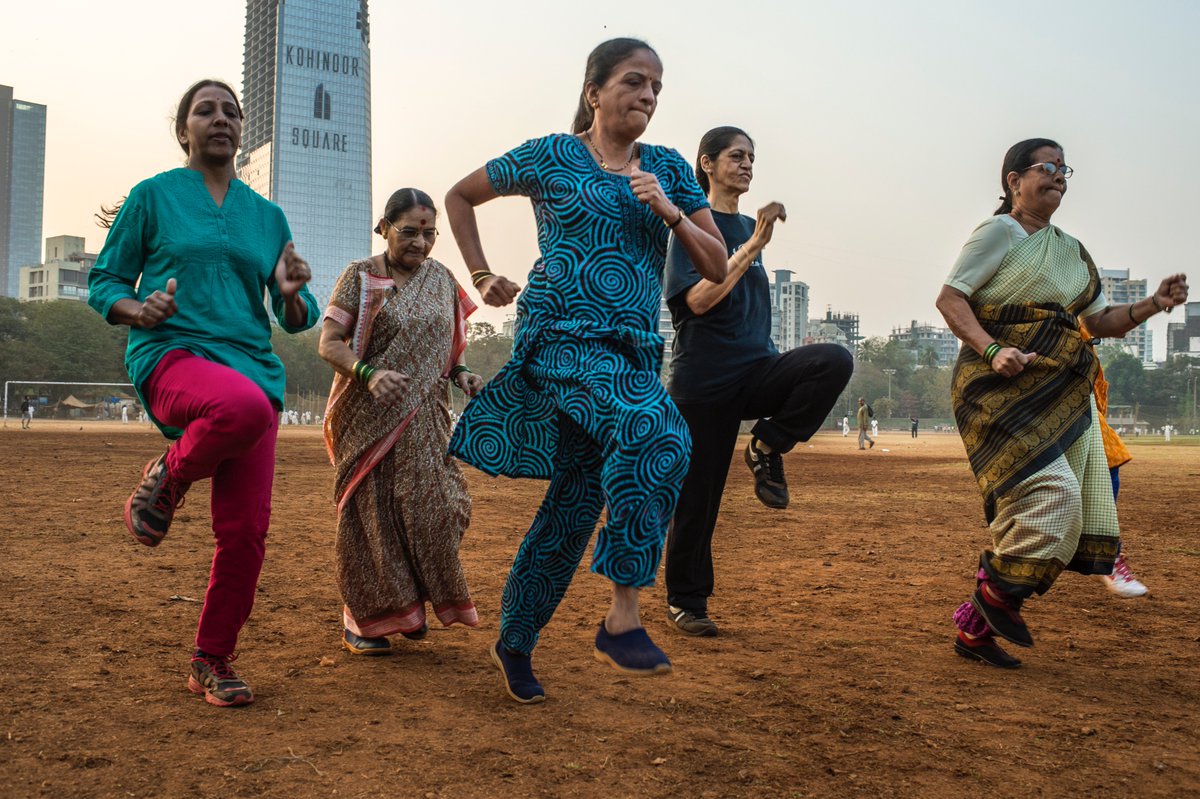
Urbanization is severely impacting opportunities to #BeActive. We need cities and urban environments that enable:
🚴♀️🚶♀️🏃🏿♂️🏌🏽♀️🤽🏻♂️🧘🏼♀️🤼♂️🤸🏻♀️🏄🏽♂️🏇🏽🏋🏽♀️

🚴♀️🚶♀️🏃🏿♂️🏌🏽♀️🤽🏻♂️🧘🏼♀️🤼♂️🤸🏻♀️🏄🏽♂️🏇🏽🏋🏽♀️
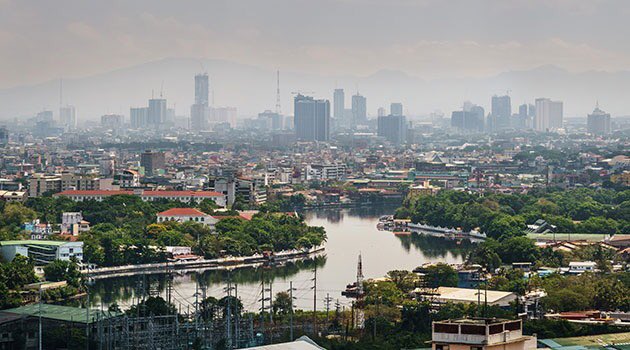
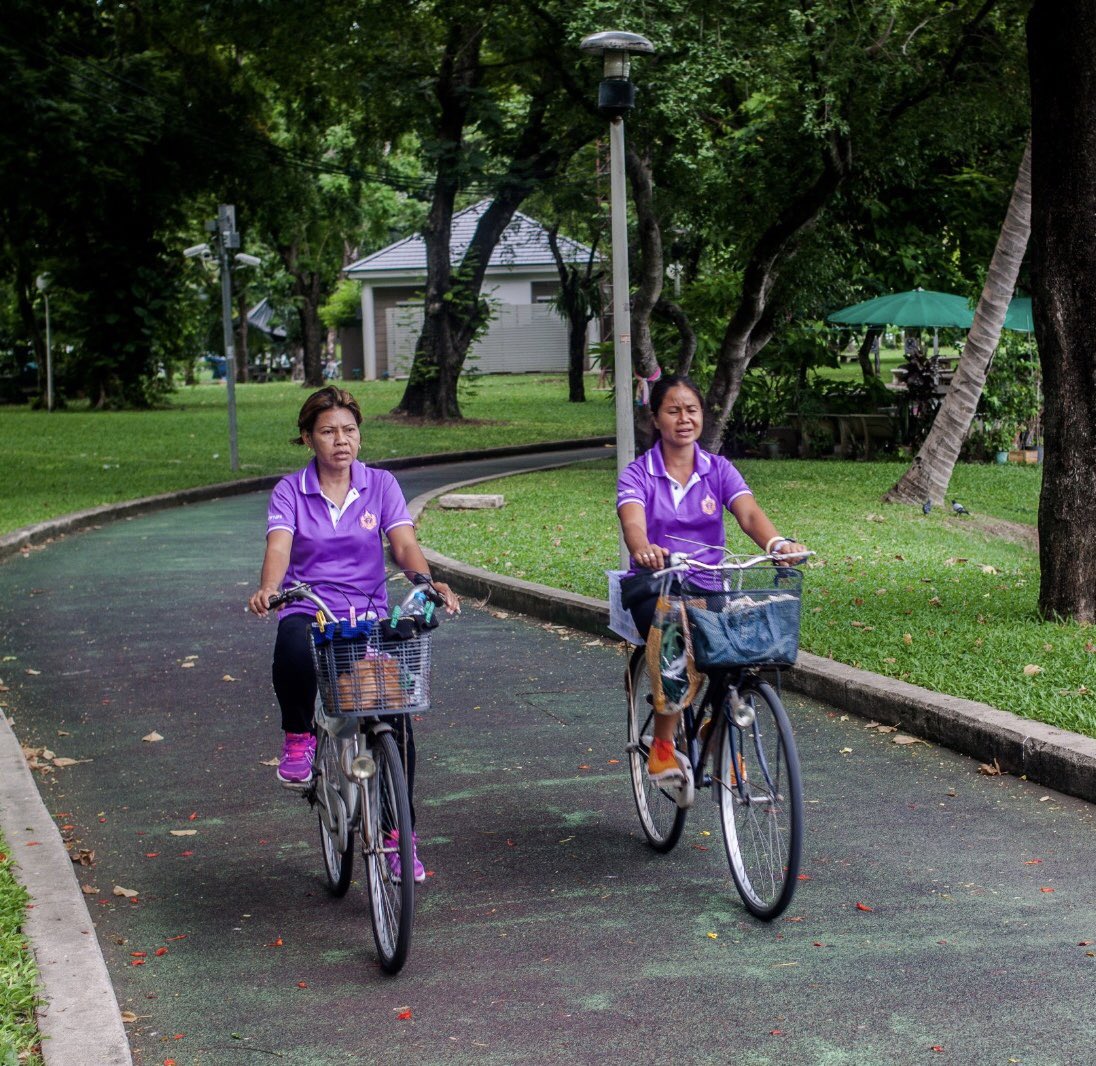
Economic development is linked with increasing levels of inactivity: With increasing country income level, inactivity increases. bit.ly/2Q3wust 
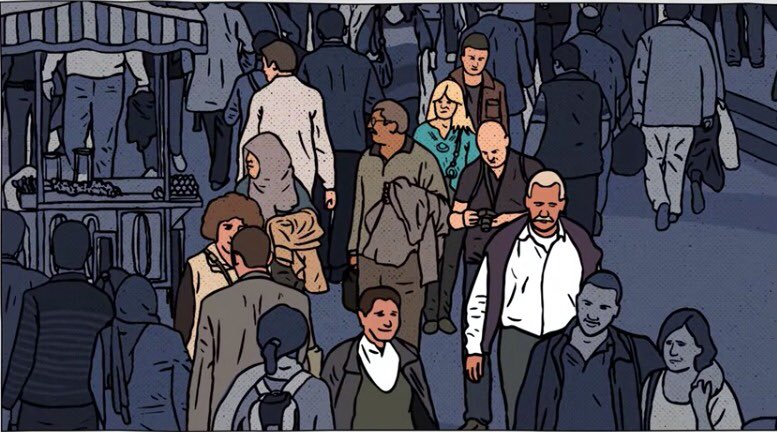
There are many ways to be active ⛹🏼🏃🏿🤸🏾🚴🏽🤼🏊🏼🧘🏿 and many policy opportunities to increase participation.
Our goal is to reduce physical inactivity by 15% by 2030.
Let's #BeActive, let's #BeatNCDs
Our goal is to reduce physical inactivity by 15% by 2030.
Let's #BeActive, let's #BeatNCDs
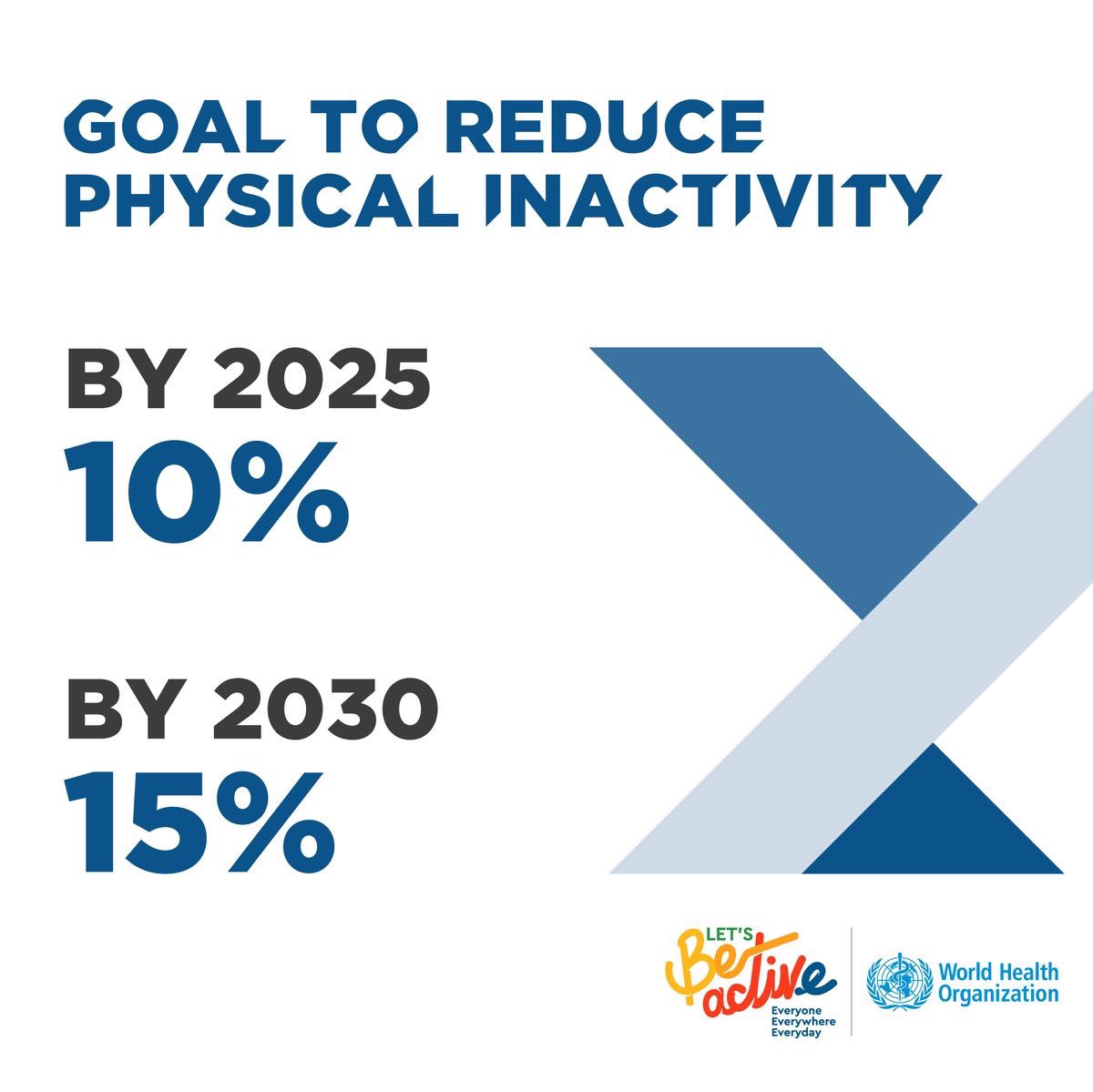
Increasing physical activity can prevent our children becoming obese.
Less screen time, more play & recreation time.
Less screen time, more play & recreation time.

Girls
Women
Older adults
Poorer people
Indigenous people
Marginalized populations
People with disabilities and chronic diseases
have fewer opportunities to be active.
We need leaders at all levels to create these opportunities and #BeatNCDs
Women
Older adults
Poorer people
Indigenous people
Marginalized populations
People with disabilities and chronic diseases
have fewer opportunities to be active.
We need leaders at all levels to create these opportunities and #BeatNCDs
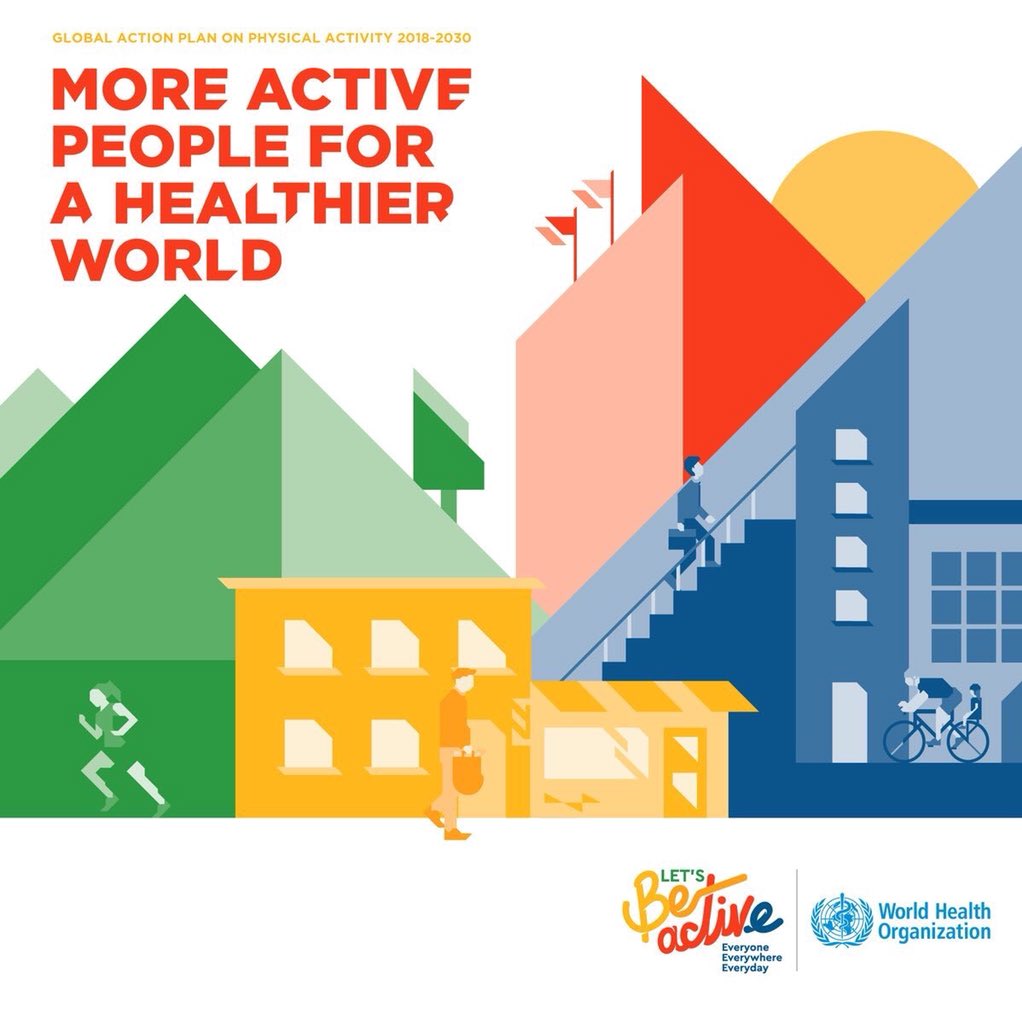
Regular physical activity – such as walking, cycling, or doing sports – has significant benefits for health.
Let`s #BeActive!
Let`s #BeActive!
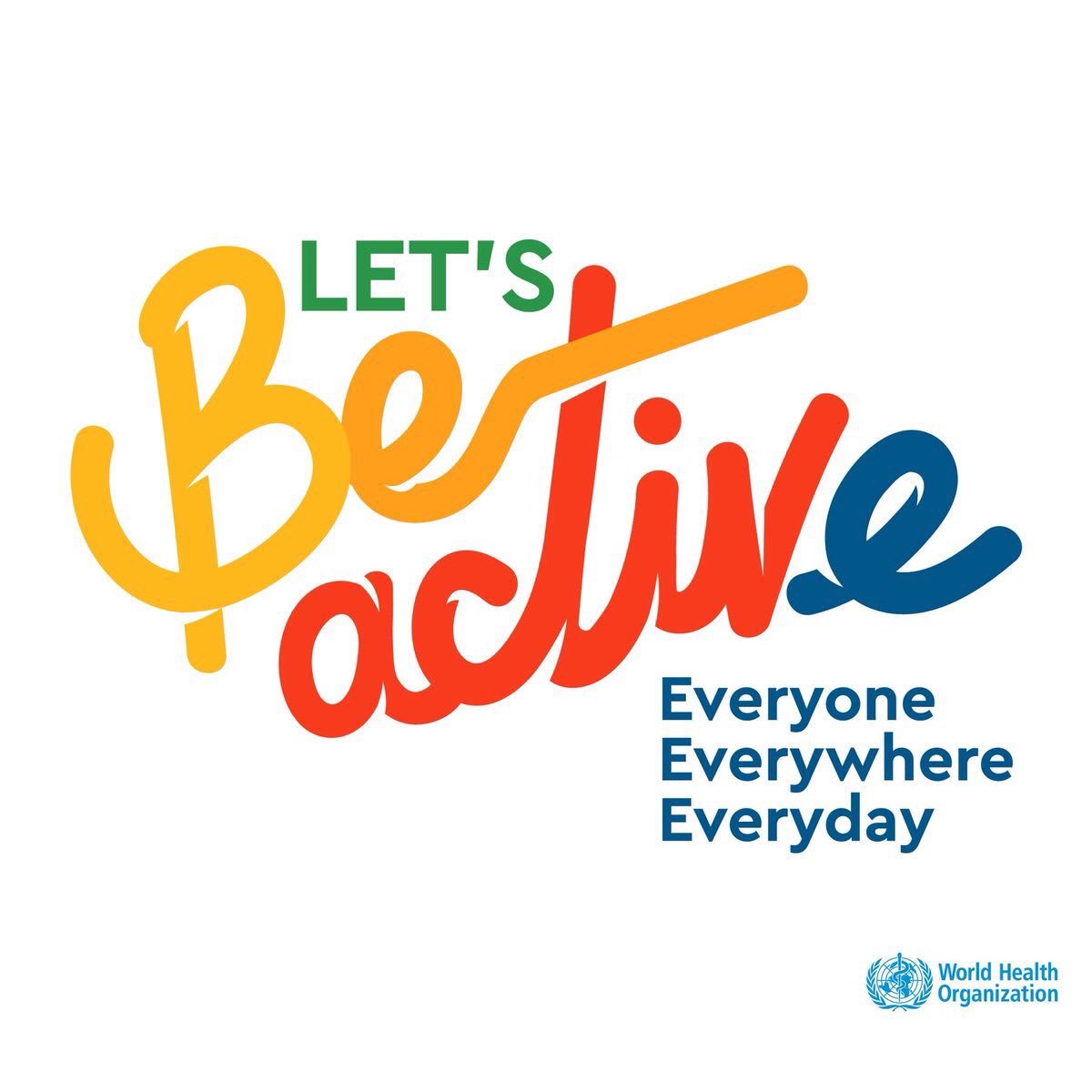
Physical activity has significant health benefits and can help to #BeatNCDs 
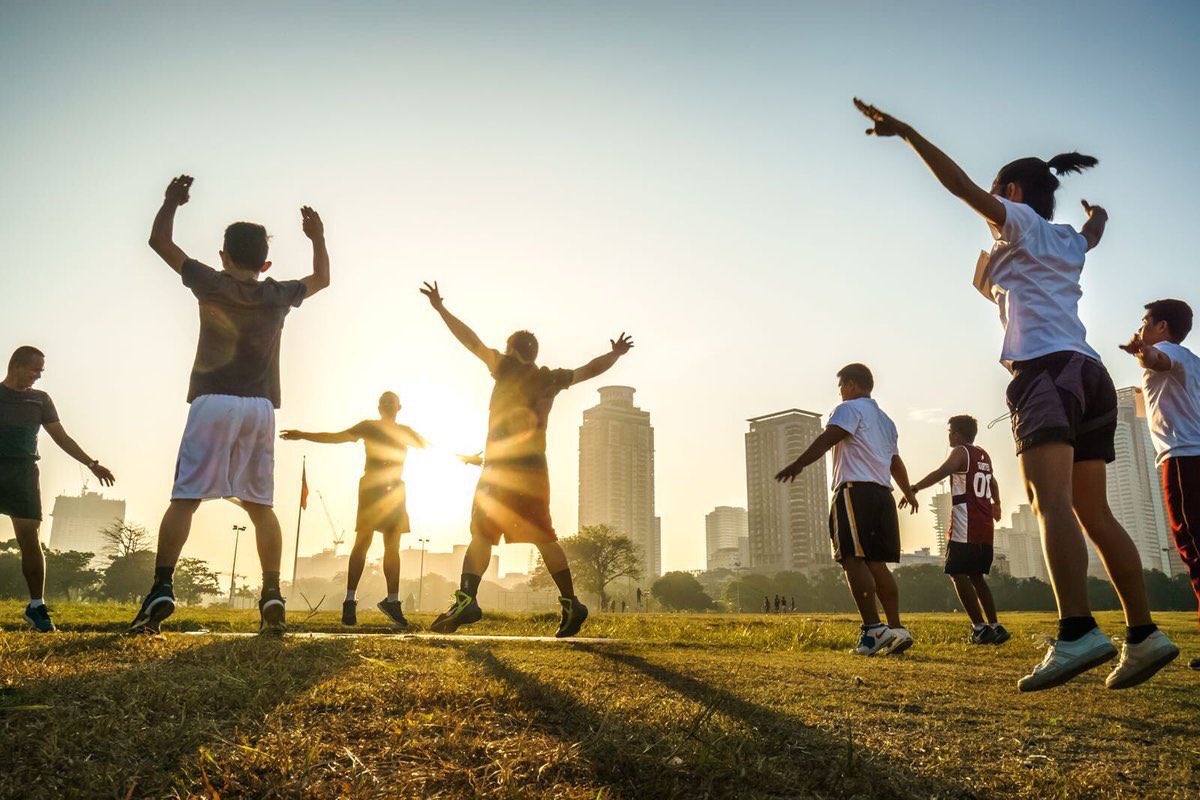
Worldwide:
1 in 4 adults
do not do enough physical activity.
Let's #BeActive, let's #BeatNCDs
⛹🏼♀️🏃🏿♀️🤸🏾♀️🚴🏽♂️🤼♀️🏊🏼♀️🧘🏿♀️
1 in 4 adults
do not do enough physical activity.
Let's #BeActive, let's #BeatNCDs
⛹🏼♀️🏃🏿♀️🤸🏾♀️🚴🏽♂️🤼♀️🏊🏼♀️🧘🏿♀️

Regular physical activity is proven to help prevent and treat noncommunicable diseases.
Let's #BeActive, let's #BeatNCDs
🤽♂️🤾♂️🤸♀️🤼♀️⛹️♂️
Let's #BeActive, let's #BeatNCDs
🤽♂️🤾♂️🤸♀️🤼♀️⛹️♂️
• • •
Missing some Tweet in this thread? You can try to
force a refresh



